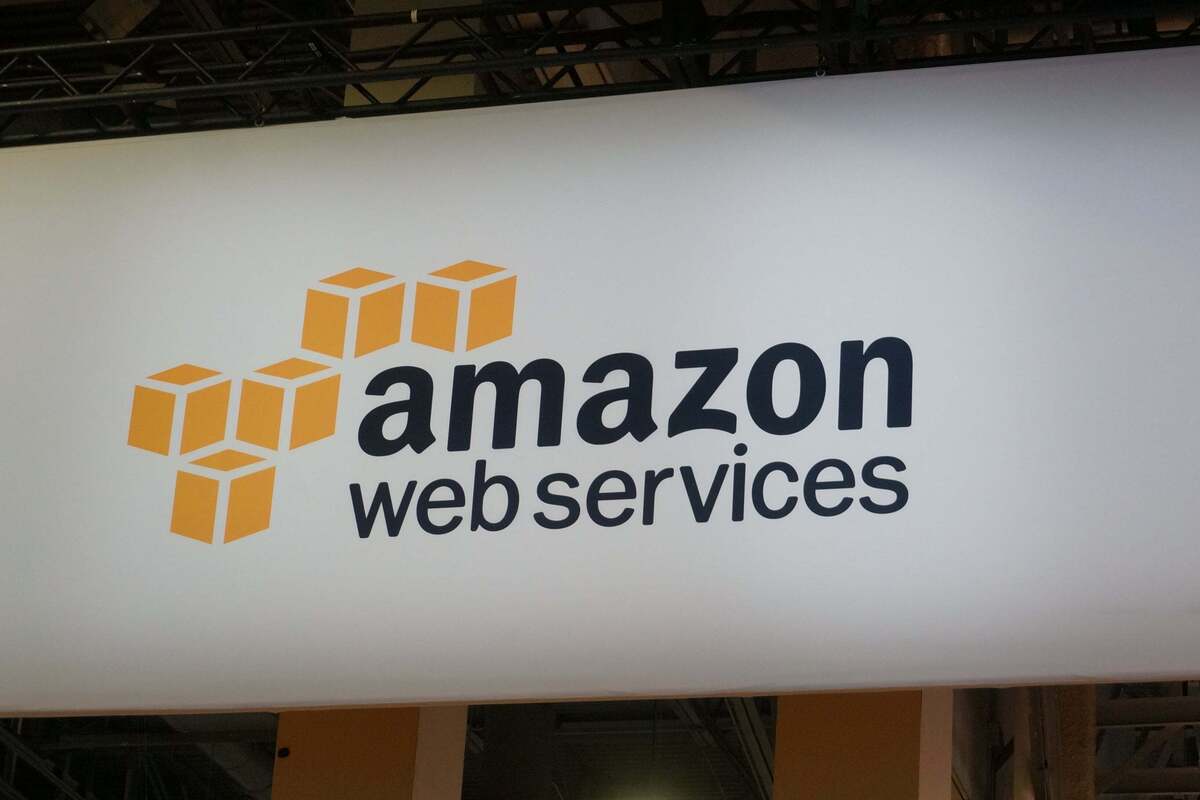
As businesses grapple with growing volumes of data collected and generated by a myriad of cloud-based applications, Amazon Web Services (AWS) unveiled a wide range of new applications and product enhancements this week at its annual re:Invent conference that are geared to optimize data analytics and governance, and bolster the computing infrastructure to do so.
Over the last few days, the company launched new services and features across its storage, compute, analytics, machine learning, databases, and security services, and made its first foray into supply chain management.
Here is a roundup of the major announcements, with links to articles containing more details about the updates.
AWS launches analytics, data management updates
A major theme at re:Invent 2022 was Amazon’s efforts to ease data management and analytics for enterprises, as the company announced a dozen updates to data services.
The updates included the launch of two new capabilities—Amazon Aurora zero-ETL integration with Amazon Redshift and Amazon Redshift integration for Apache Spark—that it claims will make the extract, transform, load (ETL) process obsolete.
A new data management service, dubbed AWS DataZone—targeted to help enterprises catalog, discover, share, and govern data stored across AWS, on-premises, and third-party sources—was also previewed by the company.
In addition, in order to help enterprises collaborate on data with their partners, AWS launched a new service, dubbed AWS Clean Rooms.
The company also announced updates to its serverless data integration service, AWS Glue, including updated engines, and support for new languages and data formats. AWS Glue Data Quality, a new feature inside the service designed to analyze tables and automatically recommend a set of quality rules, was also showcased.
In addition to updating other services, AWS has added new features to its unified business intelligence service, Amazon QuickSight, to include the capability to ask natural language queries via a new feature dubbed QuickSight Q. Other features added to QuickSight include the ability to generate paginated reports and fast analysis for large data sets.
AWS machine learning gets a makeover
Continuing to polish its AI applications, AWS announced new updates to its SageMaker machine learning service to improve governance attributes within the service, and addw new capabilities to its notebooks.
As part of these updates, the company debuted Amazon SageMaker Role Manager, aimed at making it easier for administrators to control access and define permissions for users.
Additionally, it added a new tool to SageMaker called Amazon SageMaker Model Cards, to help data science teams shift from manual recordkeeping.
Also added to the service was Amazon SageMaker Model Dashboard, engineered to provide a central interface within SageMaker to track machine learning models.
Updating its notebooks, AWS added a data preparation capability to Amazon SageMaker Studio Notebook along with a new workspace within SageMaker meant to allow data science teams to read, edit and run notebooks together in real time.
AI features added to multiple services
To help enterprises get more of a return on their data, AWS added new artificial intelligence (AI) features to a range of other services, including Textract, Transcribe, Kendra, CodeWhisperer, and HealthLake.
As part of these updates, the company added a new ability to Amazon Textract, designed to improve loan document processing.
In an effort to help enterprises offer better customer service and experience, AWS has updated its automatic speech recognition (ASR) service, Amazon Transcribe, to provide real-time call analytics.
Meanwhile, AWS has bolstered its AI-based enterprise search service, Amazon Kendra, by adding a new capability that supports tabular search in HTML.
Major AWS security updates
Recognizing that data has become the lifeblood of enterprises as cyberattacks continue to proliferate, AWS released updates to its data security services.
A major announcement was the launch of a new cybersecurity service, Amazon Security Lake, which automatically centralizes security data from cloud and on-premises sources into a purpose-built data lake in a customer’s AWS account.
Security features released during the conference included updates to AWS’ automated vulnerability management service, Amazon Inspector, and its machine learning security and privacy service, Amazon Macie.
Major AWS compute updates
As enterprises capture, store and process more data, their compute requirements are bound to grow. Recognizing the trend, AWS has released new updates to its compute services along with some industry-specific capabilities that are designed to run extremely heavy workloads.
Boosting its high-performance computing services, the company announced Amazon EC2 Hpc6id Instances, which it claims can support “most intensive workloads with higher per-vCPU compute performance as well as larger memory and local disk storage to reduce job completion time for data-intensive workloads.”
Additonally, the company has launched a new chip (Graviton3E) for high-performance computing (HPC) and the next generation of its Nitro smart networking chip, plus instances that take full advantage of the hardware.
Targeting the space and healthcare industry, the company unveiled two new services— Amazon SimSpace Weaver and Amazon Omics.
SimSpace Weaver, which is a managed compute service, is targeted at enterprises looking to run complex, 3D simulations with more than a million objects, AWS said, adding that Omics was designed to help researchers and scientists store and accelerate analysis of genomic and other related biological data types for precision medicine.
AWS’s first foray into supply chain
Sensing a growing opportunity in the demand for supply chain applications, the company made its first foray into supply chain management with the release of a cloud application that integrates machine-learning to help large enterprises, which often use multiple ERP systems, get a unified view of suppliers, inventory, logistics and other supply-chain related components.
The launch of the application, dubbed AWS Supply Chain, comes at a time when the world has been hit with a myriad of supply chain issues, including problems relating to the pandemic and ongoing war in Ukraine.
Copyright © 2022 IDG Communications, Inc.



